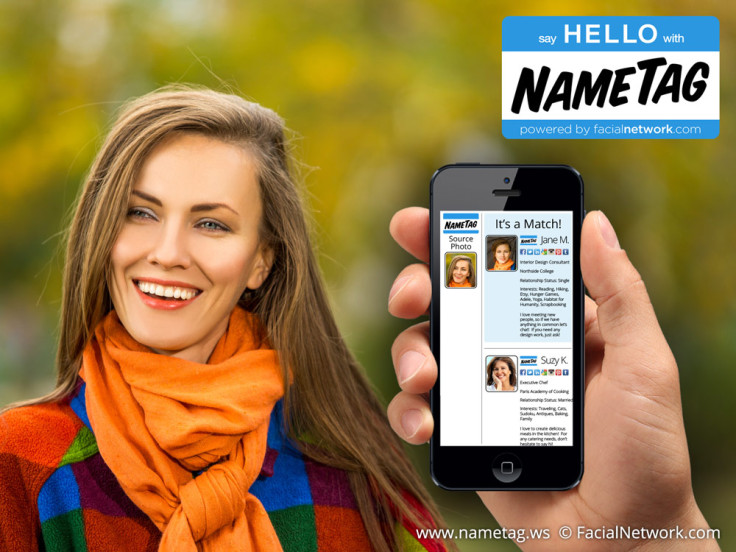Sorry, Your Face is Maxed Out: Face Recognition Payment App Unveiled in China
Face-recognition software could change the face of shopping say academics

Academics at the Chongqing Institute of Green and Intelligent Technology in southwest China say they have developed a new system of face-recognition software which could radically change the way we shop.
Imagine a day at the beach when you don't have to think about where to store your wallet during your swims
Shoppers would be snapped with a special camera which collects information about the face from 91 angles. This information is then analysed using two million sets of data. The whole process takes just a few seconds. In 1,000 tests the system was reported to be accurate on 998 occasions.
The system paves the way for shopping to be done without any need for PINs or passwords. The software can even factor in changes to faces caused by the ravages of time – and shopping. The system could be launched in the second half of 2015.
The Chinese system isn't the first to use face-recognition as a shopping tool: Finnish company Uniqul unveiled a similar device in 2013.
On its website Uniqul says: "Imagine going in to a kiosk, picking up a newspaper at the cashier, clicking 'OK' on a Uniqul tablet and walking away. Imagine a day at the beach when you don't have to think about where to store your wallet during your swims."
Face-recognition has already been used as a crime and terrorism-fighting technology. Chongqing University recently developed software which it claimed could detect when someone in a crowd was about to commit a terrorist act.

Leicestershire police have become the first force in the UK to use "NeoFace" software to quickly identify criminals captured on CCTV, mobile phone or other digital formats.
Some smartphone manufacturers are incorporating facial recognition technology to "lock" devices from being used by anyone except the owner. Tesco is installing OptimEyes screens in its petrol stations which analyse faces and then tailor advertising according to their age and gender.
However earlier this year Google announced that the "NameTag" app won't be incorporated into its Glass device. It's thought the technology – which would allow the user to instantly find out someone's name, access their social networking accounts or see if they are on dating sites - might cross what Google's executive chairman Eric Schmidt calls "the creepy line".
© Copyright IBTimes 2025. All rights reserved.






















